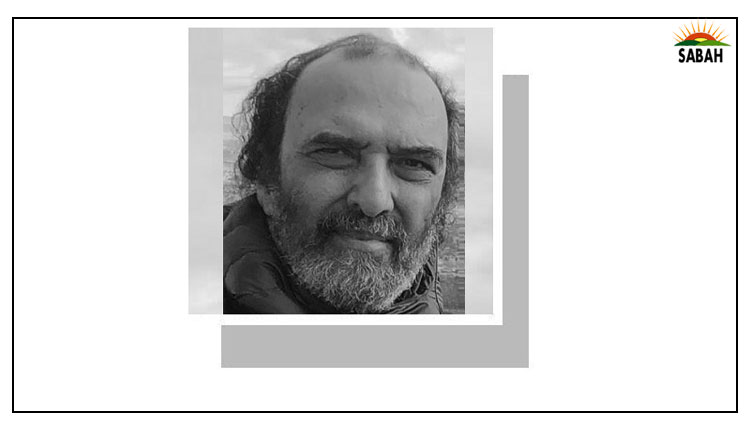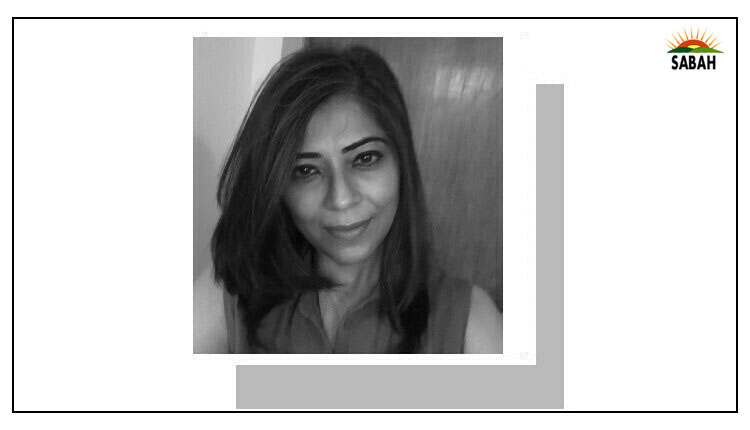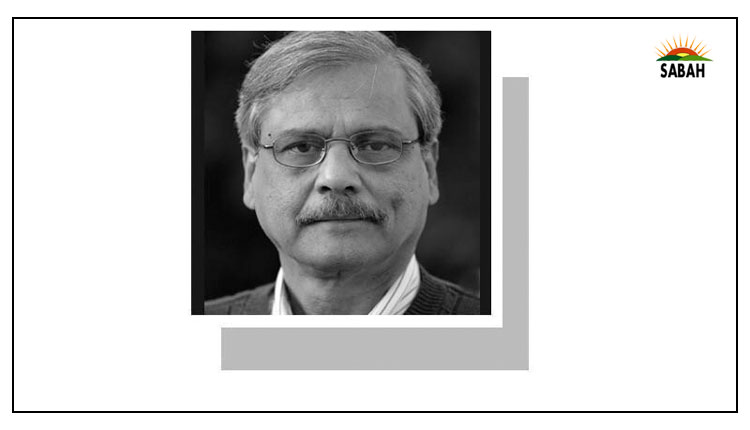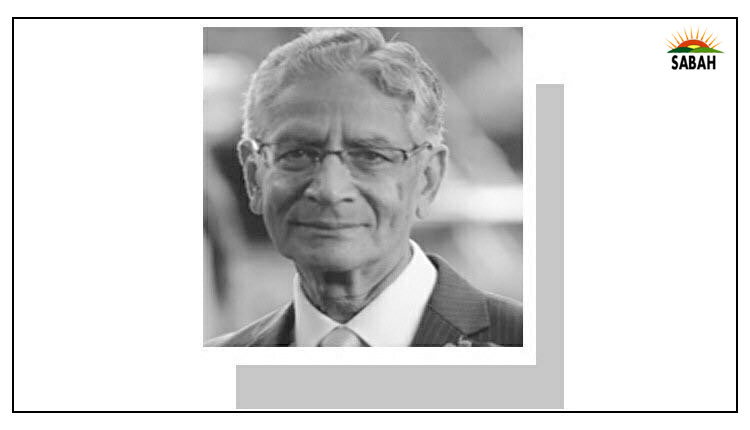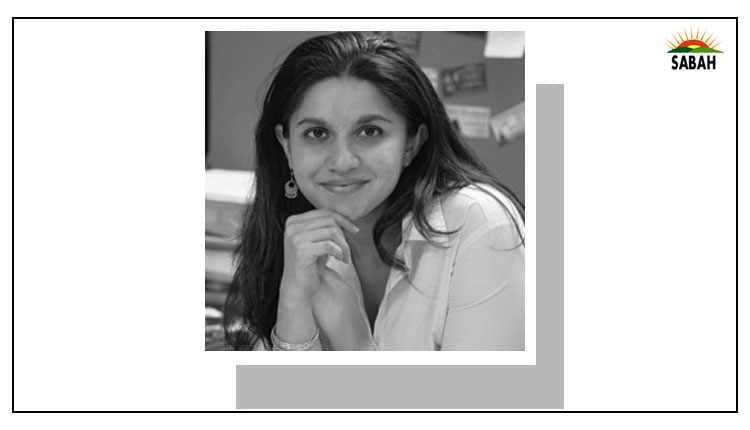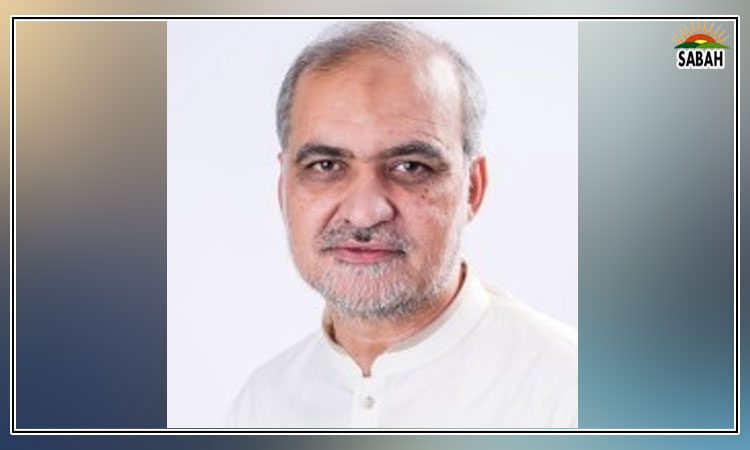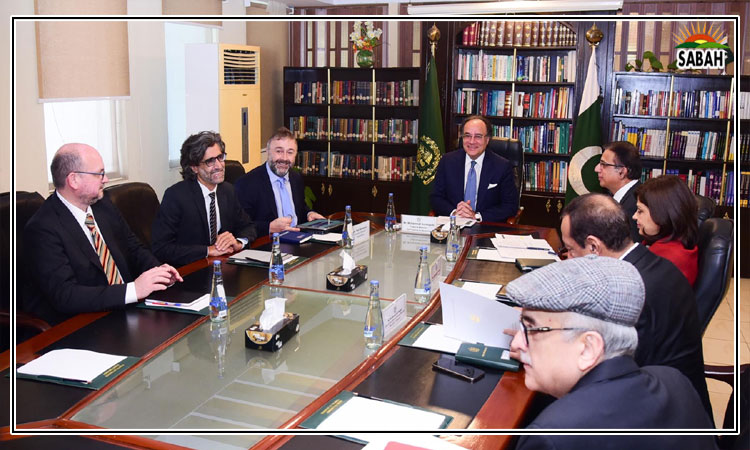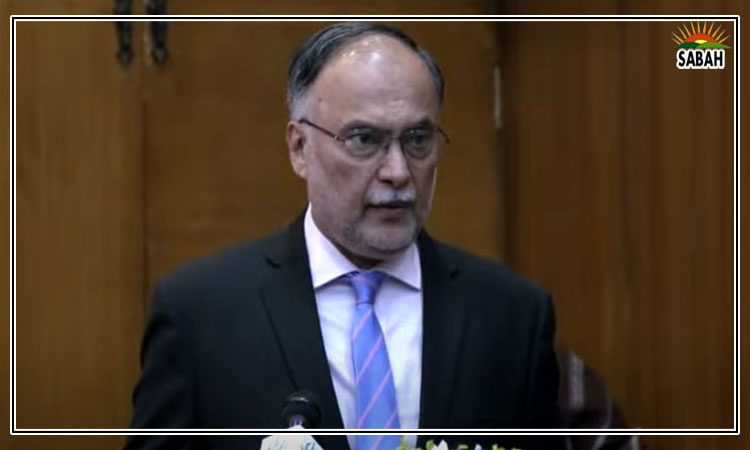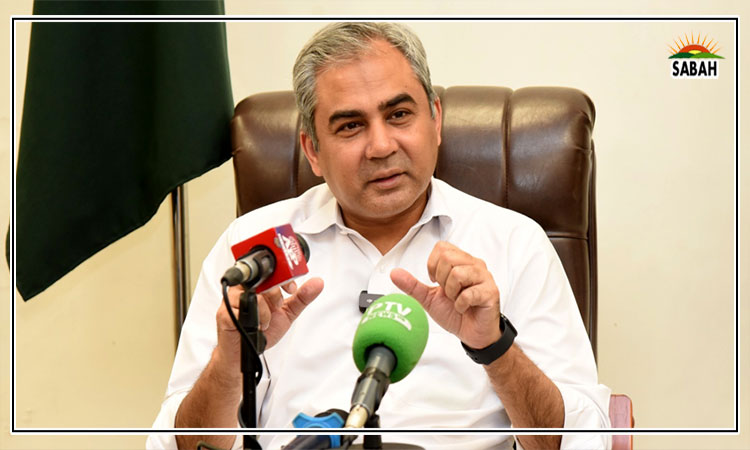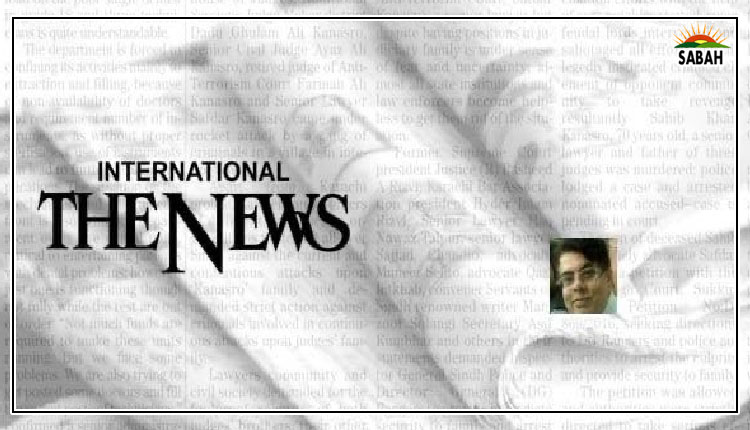Where should people go?….Khalid Bhatti
Most analysts believe that if Prime Minister Shehbaz Sharif and coalition partners decide to dissolve the National Assembly a few days before August 12, the 2023 elections will likely be held in November. But there is still a lot of confusion about the timing of the upcoming general elections. It seems that the situation will become clear in the first week of August.
Even though all parliaments have completed their terms since 2002, not a single prime minister has been able to complete his/her term throughout Pakistans political history. From 1985 to 1999, Article 58(2)(b) was used to dissolve the national and provincial assemblies every few years. The country saw five elections in 14 years. Thus, most national assemblies were unable to complete its five-year term. Article 58(2)(b) was inserted in the constitution by a military dictator and was struck through the 18th Amendment.
It is generally believed that democracy and the political process flourish with the continuity of the democratic process. While we have made progress in this regard, this continuity alone cannot resolve the long-standing issues of economy, governance and reforms.
The political leadership and the ruling elite are not willing to undertake the reforms required to stabilize the economy and to improve governance. They are not fully realizing that people are not happy with the economic situation. We have come to a point where a majority of the population has lost the hope that elections will improve their lives and a new government will work for their betterment, bringing improvements in their miserable lives.
The failure of the coalition government to bring down the runway inflation and reduce poverty and unemployment has dashed the hopes of the majority. There is a general feeling among sections of the population that the mainstream parties are the same and hardly offer anything to the poor. The economic performance and overall governance of the PTI government (44 months) and the coalition government (16 months) in the last five years has disappointed many people. No serious effort was made to reform the police, criminal justice system and economy.
Our political system and democratic process has many problems that need to be overcome to strengthen democracy. The elitist and dynastic political leadership, lack of internal democracy in political parties, rampant corruption and nepotism, lust for power, and never-ending interference by the powers-that-be are some of the major issues that have plagued our political system.
The biggest problem in my view is the failure of the political leadership to address the basic problems of ordinary people. Voters elected the PML-N, PPP and PTI governments in the last 15 years to solve their problems. They had hoped that these governments would not only develop the economy of the country but also solve their basic problems of health, education, poverty, unemployment and rising inflation. The economy has failed to maintain a high GDP growth rate and provide basic facilities to the working class and the poor.
The gap between the basic needs of ordinary Pakistanis and the interests of the ruling elite is widening. An overwhelming majority of the poor now believe that the ruling elite has abandoned them. There exists a clear mistrust between the ruling elite and the majority. This might seem to be a sweeping statement, but it represents the sentiments of a large number of people on streets, who are finding it difficult to feed themselves and pay the ever-increasing utility bills.
While the rich are ready to go to any extent to defend and further their political and economic interests, there is no real alternative available to the working class on the electoral front. There are small leftist parties and groups in Pakistan, but they are confined to their small circles and lack mass support and deep roots among the working class.
It is not difficult to find out the real sentiments of ordinary Pakistanis. All one has to do is to go out or visit poor neighbourhoods and talk to people about the upcoming elections. It is not surprising that there is hardly any hope and enthusiasm for elections. A vast majority of the poor have lost hope that elections will improve their lives. This is not a healthy development. Political parties need to seriously address the concerns and demands of these people.
The ruling classes still go to voters every four or five years to get a fresh mandate but that changes little for the people. There is a consensus among the elite that austerity cuts and attacks on the welfare state and democratic rights of workers will continue. It has become increasingly difficult to distinguish between different mainstream political parties on the basis of their economic programmes. They use different slogans but almost all parties have the same agenda which is not pro-people. Their election manifestos have become irrelevant.
The rich are disconnected from the people and more interested in their class interests than in the real issues of the working class. A tiny elite controls the mainstream political parties through the power of money.
It is not surprising that the gap between the rich and the poor has widened to unprecedented levels. The elite have turned their backs on the people, lost touch with them and lost their trust.
The writer is a freelance journalist.
Courtesy The News


